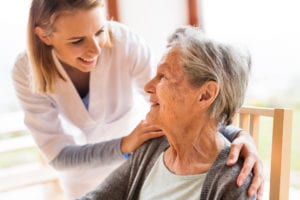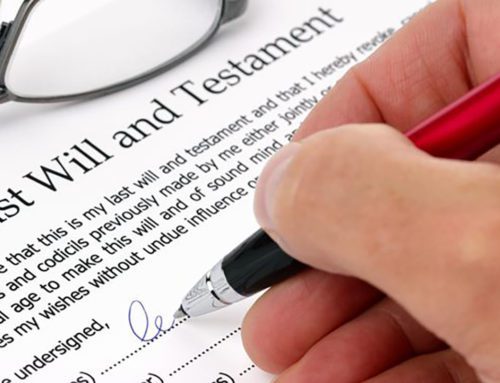
February is Jewish Disability Awareness month, and often when we think of the disability community and needs, we talk of the children, school needs, and the challenges facing parents in getting services. As an attorney in the community I see a different challenge facing our disability communities- the aging adult with an aging child with disabilities, and lack of options to protect that individual or those without large families to assist in making sure they keep their independence but have the support they need to have options. We, as members of a community of disability advocates, need to start pre-planning for the aging persons with disabilities.
Last month I represented an adult with disabilities in a guardianship hearing. And although some of you know what guardianship is, at least in the role as parent, those without either an aged parent or an adult with disabilities may not know what adult guardianship is. Guardianship is a probate process to give an adult decision making rights over another adult. Parents with children with disabilities often go to probate court to get guardianship over their children when they become legal adults at 18.. They use this process to protect the children from predators, making bad decisions, and often to have the legal right to talk to healthcare providers. The process can often be a difficult decision because it removes many rights from the person under guardianship, such as the right to decide where to live, whom to marry, and the right to enter into contract.
So now back to my client – a young man, in his forties, who had some trouble with the law early in life, but his parents got everything straight and got him into an amazingly caring, structured personal care home. This man refers to his caregivers as his mamas, along with his own mother. He is now riding the bus, going to work, enjoying his time with his adopted family at the personal care home. We were in court for a problem that is going to face many families with disabled adults. His parents had gotten guardianship when he was in his twenties. Now he is in his forties, his mom is in her seventies and his father has passed away. My client’s sister does not want the responsibility of guardianship and his mother is in failing health and did not know who would take on the role of his guardian when she passed away. Mom filed a petition to have her son’s rights restored. My client wants to be independent but he still has many of the issues that originally gave rise to his mother asking for guardianship. The court was torn and had many reservations – she knows he still needs protection but the caregivers testified and showed they are able and willing to give my client protections and good guidance.
As I sat at the hearing I played my role and advocated for my client’s rights to be restored. I also was easily supported by the caregiver’s testimony and the great care and guidance they had given this young man. In my head I did wonder what would happen if the caregivers retired, stopped running this personal care home, or just decided to stop providing care for my client. This is the challenge I began with. When we look at the disability community and the needs, we have a new population with new needs – the adult with disability who are aging, and have aging guardians or families who have passed. As a community as we have to consider, as we increase life span and those with disabilities live longer, how are we going to protect and make sure their needs are met? Although there are no easy answers, I know that as a society we need to start the discussion, and supporting adults with disabilities and their families in planning for their futures. I as an attorney plan to help families pre-plan for the future of their family members with disabilities.


